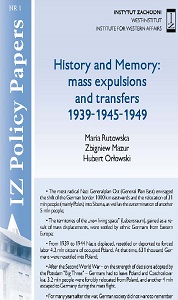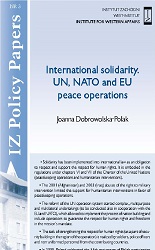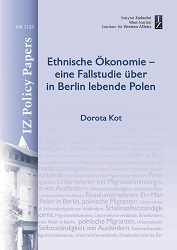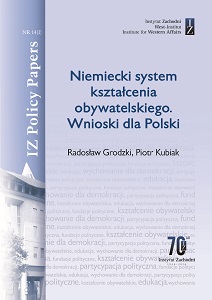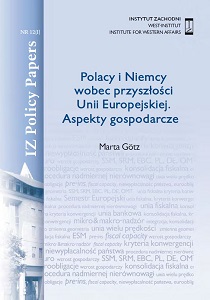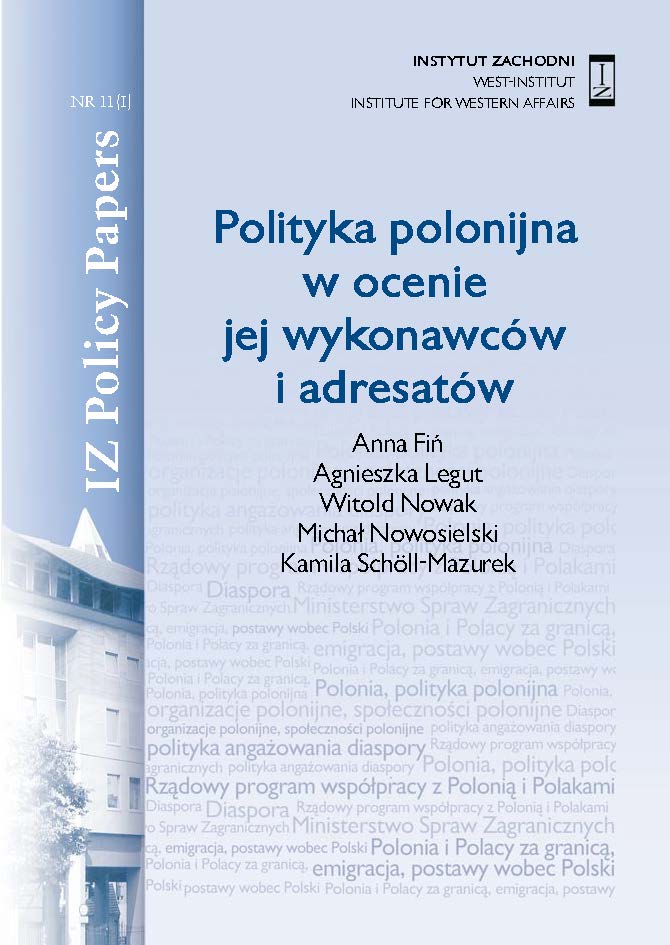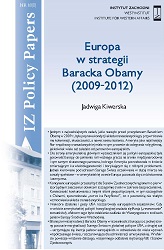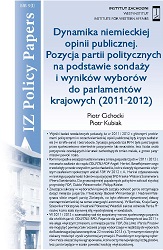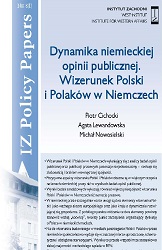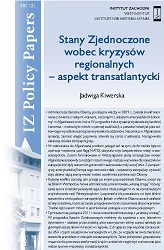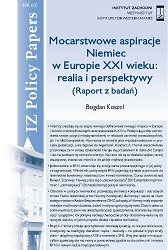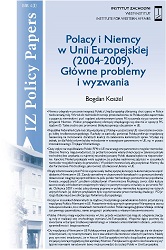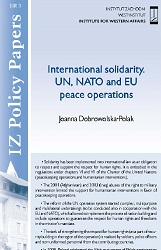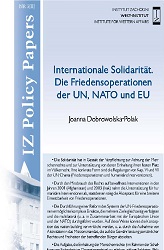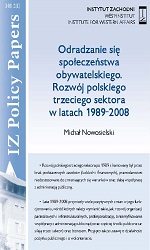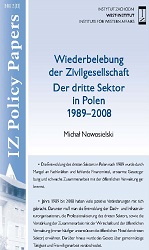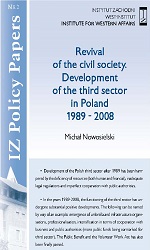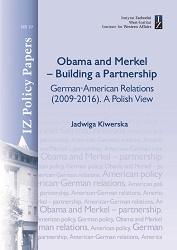
Obama and Merkel – Building a Partnership German-American Relations (2009-2016). A Polish View
Obama and Merkel – Building a Partnership German-American Relations (2009-2016). A Polish View
Keywords: USA; Germany; Poland; international relations
German-American relations have always served as a mainstay for the involvement of the United States in Europe. Since the end of World War II, the time when, having abandoned the principle of isolationism, the American superpower chose to get actively involved in matters of Europe, it was West Germany that became its main focus. From its establishment in 1949, the Federal Republic of Germany enjoyed a special covenant with the United States. West Germany owed a great deal to Washington which supported and endorsed it in various ways ranging from assistance in democracy building and restoring the economy after Germany’s defeat and breakup post World War II, to military protection extended throughout the Cold War period.
More...
